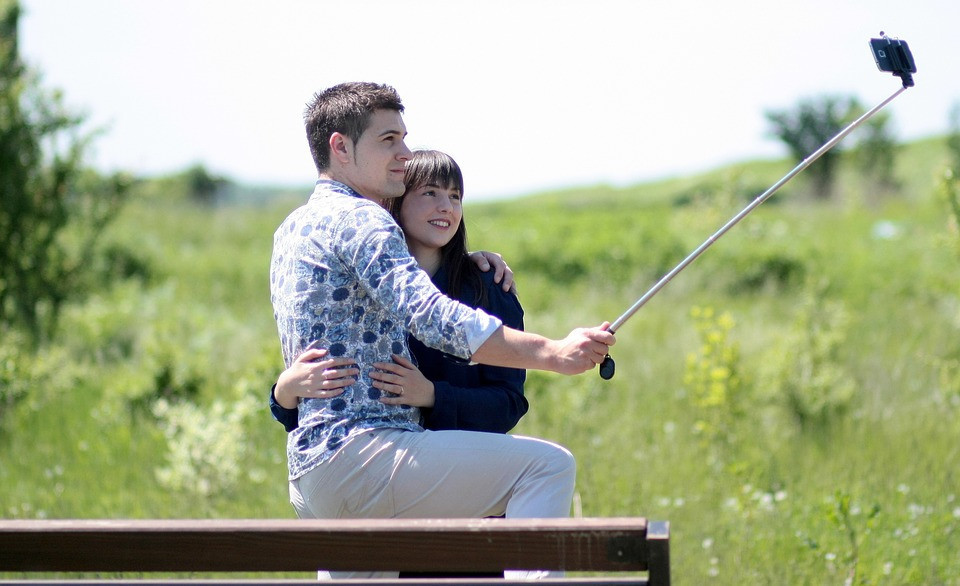The culture of the "selfie" triggers sales of cosmetics
At the beginning of April, the results of the Generation Z biannual survey of the investment company Piper Jaffray, carried out with more than 6,000 adolescents in the United States, were released. And it is that, after the obsession to know everything about millennials, it seems that it is the turn of all those born after the year 2000. Among all the data, Vans and Supreme are two of the brands that are growing in appreciation the most. Michael Kors is still the favorite for handbags, Amazon is the preferred shopping platform and Snapchat is the preferred social network far ahead of Instagram. But there is one that stands out: Generation Z girls are spending more on beauty than on clothes. With an average investment of $368 per year, this figure represents an increase of 18% year over year.
In a report by Fung Global Retail & Technology entitled: "In depth: Generation Z and beauty - the symbiosis of social networks", experts point to social networks as the main responsible for this increase in the demand for beauty products. Several academic studies have found connections between the use of networks and low self-esteem. Currently a third of teenage girls in the US feel bad when they compare themselves with others they see on their networks, according to a survey by the American Psychological Association. And brands like Estée Lauder and L'Óreal have attributed the rise in the consumption of foundation, mascara, and concealer to the selfie culture.
At the same time, this new generation that sees beauty as a space for “liberation and individuality”, according to the Fear Of Missing Out study by Beautycon Media, is pushing the beauty industry to respond in a much more detailed way. to the diverse needs of its customers. And it is that 61% of those who participated in this study identified themselves with a niche group, so that minorities are the majority: "Beauty does not have to do only with products, or in the way you show yourself, but it is a form of cultural expression. In this sense, brands such as Rihanna's Fenty Beauty, which was launched with more than forty different shades, or the revolutionary Glossier with its direct and fresh communication, are succeeding among clients of a generation that demands a much more diverse and personalized beauty.

Comentarios